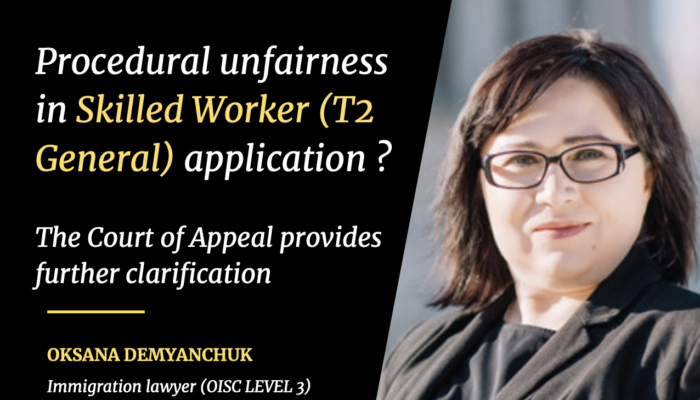White Collar and Financial Crime Law
The UK is in a privileged position in the world to have a just court system that allows both sides to argue their cases, for all facts to be considered, and for the outcome to be just. This extends to white collar/financial crime too, and it’s important that you make the most of this if you are accused of a financial crime. Sterling Law has years of expertise in this area of the law, and is always willing to help. Let’s quickly discuss what exactly financial crime is, and which areas we can help you with.
What is white collar crime?
- This stems from the distinction between office work and manual labour – the blue collar worker typically works in manual labour, whilst the office worker is a suit-and-tie worker behind a desk. It is essentially the same as Financial crime.
- The areas that white collar crime covers include:
- Embezzlement – this is a type of fraud but often separated for clarity. It is when a person or entity steals or misappropriates assets (such as money) entrusted to them – the person/entity acquires the assets legally and has the right to own them, but use it for purposes for which they are not allowed to be used for. For example, a person’s employer may give them £50 a business lunch, but instead this is spent on a DVD or shopping trip, and a receipt is faked for the business dinner.
- Fraud – actions such as insider trading are part of this category, as is securities fraud.
- Tax evasion – the illegal non-payment or underpayment of tax – such as by not declaring profits properly.
- Money Laundering – often portrayed on TV as a criminal making their money ‘clean’ through running it through a business, such as a car wash.
When do I need legal advice?
- It is an unfortunate misconception among many people that unless you are in trouble legally, there is no use to contacting a law firm to discuss your firm’s financial situation and practices.
- The UK has built up its financial regulatory laws over hundreds of years, which unfortunately means the field isn’t as simple as it ought to be.
- If your company is doing well financially, it is wise to contact an expert at a law firm to make sure all of your practices are legal, so as to avoid more serious problems later.
- Most large companies have consultants on financial law on hire – this is no coincidence, and we advise you to contact us if you are in any way unsure about your firm’s financial practices or situation – especially as we are ranked one of the best firms for value for money in London.
Tax Avoidance vs Tax Evasion
- The legal implications of these two terms are often confused – in popular culture, tax evasion is shown as being illegal, whilst tax avoidance is just morally questionable. However, this is not the case.
- Tax avoidance can get you into serious trouble with HMRC – which includes, as per their website, being forced to “pay the full amount of tax…upfront and within 90 days”, go to court and face “life-changing bills, legal costs, penalties and growing interest”, and being treated as a “high-risk taxpayer” in the future.
- This is yet another reason as to why it is wise to contact financial law experts if you are at all unsure about your firm’s financial practices – and to have a law firm on your side if HMRC accuses you of a financial crime.
We are a modern and innovative boutique law firm with a flexible «can-do» approach. Our cross-domain specialisation allows for seamless solutions whether you are a business or an individual, allowing us to solve most complex problems, where several areas of law are involved.









